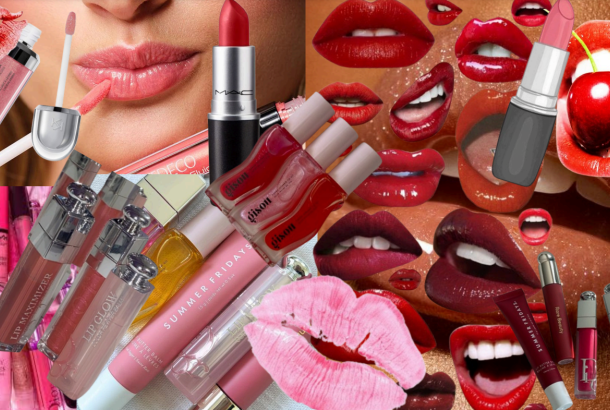Microbeads: the truth the beauty industry is accepting
If you’ve been following the news recently, you may have heard something about the recent ban on microbeads. Microbeads are small, plastic beads found in beauty products such as exfoliators, shower gels, and toothpaste; you may even have something which contains them in your bathroom. Celebrities such as Dougie Poynter (of McFly) have campaigned for cosmetics lines to discontinue the use of microbeads in their products, but why? Microbeads have been found to cause extreme damage to marine life, a fact widely spread by Greenpeace, who have been central to the campaign in the UK.
Why are microbeads a problem?
Most commonly made from plastic, polyethylene, these beads are specifically defined as being smaller than 5mm, which has allowed them to become a toxic part of our oceans. Due to their small size these beads are able to travel through plugholes and pass straight through water filtration systems. In this way, they find their way into the sea. Fish are commonly mistaking them for food, of course, harming them. We are all aware of the issue of waste pollution affecting our oceans, right? This is the same thing on a micro scale. Microbeads have become an avoidable addition to the plastic already damaging marine life. In order to diminish the amount of plastic already in our oceans, the decision has been made to ban this substance from beauty products throughout the UK.
What is being done about this?
Firstly, big-brand companies have begun to pledge that they will stop using microbeads across their lines. For example, L’Oréal has promised to phase out the microbeads used in their scrubs, cleansers, and shower gels, while The Body Shop has already cut microbeads from their products. Secondly, the distribution of microbeads in cosmetic products has been banned in particular countries, thereby forcing brands to either comply or have their products withdrawn from shelves. America and Canada have already signed the bills to ban the distribution of microbeads in their respective countries, and equally, the UK has also banned microbeads. The government has promised that they will be phased out by 2017, which will hopefully decrease the amount of pollution entering our oceans. Environmentalists are hopeful that the discontinuation of microbeads in cosmetics will help to tackle the damaging effects of waste.







